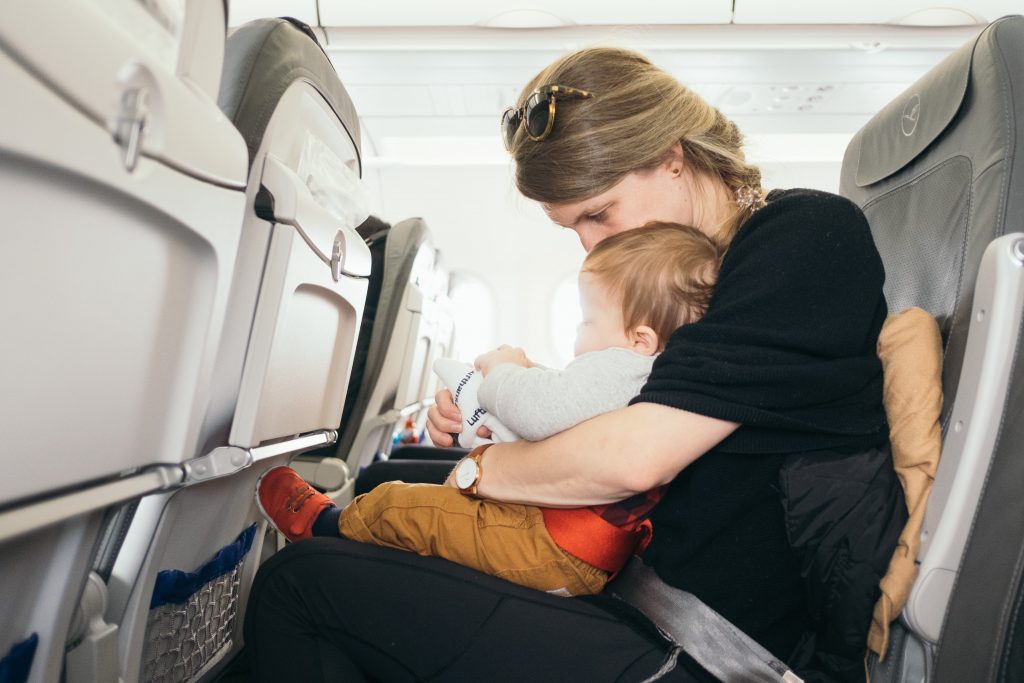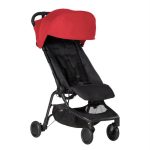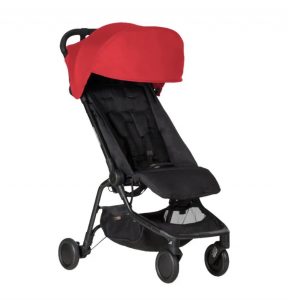Jet Lag and Baby Crying: Tips for Helping Your Little One Sleep Through the Night
Welcome to the world of travelling and parenting, where sleep becomes the most coveted luxury!
As a baby sleep consultant in Perth, I understand the struggles of new parents trying to navigate travelling with baby. That’s where I come in! My mission is to empower parents with knowledge, strategies and support to help their babies and toddlers sleep better with jetlag.
As a parent who travels long distance with my children myself, I understand the challenges that come with parenting. That’s why I strive to make the process of improving your baby’s jetlag as stress-free and enjoyable as possible.

Jet Lag and Baby Crying
Are you planning a family vacation or a long-distance trip with your little one? Jet lag can be a common concern for parents when traveling with a baby. The effects of jet lag can be especially challenging for parents when their little one is crying at night due to jet lag. In this blog post, we will answer some frequently asked questions about how jet lag affects babies, how long it takes for babies to adjust to jet lag, and tips on how to help your baby break jet lag.
How long does it take for babies to adjust to jet lag?
The amount of time it takes for babies to adjust to jet lag can vary depending on their age, temperament, and the length of the trip. It’s important to remember that babies may take longer to adjust to a new time zone than adults.
According to the American Academy of Sleep Medicine, babies and young children may take up to a week to adjust to a new time zone. However, some babies may adjust more quickly, while others may take longer. It’s essential to be patient and follow some tips to help your little one adjust to the new time zone.
Does jet lag affect babies?
Yes, jet lag can affect babies just like adults. Babies can experience disrupted sleep patterns, decreased appetite, irritability, and increased fussiness due to jet lag.
A sudden change in time zones can upset a baby’s circadian rhythm, which is the body’s internal clock that regulates sleep and other bodily functions. Babies’ circadian rhythms are still developing, which makes them more vulnerable to disruptions in their sleep patterns.
How do you break jet lag in babies?
Breaking jet lag in babies can be challenging, but there are a few things you can do to help your little one adjust to the new time zone.
Adjust your baby’s sleep schedule before the trip: If possible, start adjusting your baby’s sleep schedule a few days before the trip. Gradually shift their bedtime and wake-up time to match the new time zone.
Create a sleep-friendly environment: Ensure that your baby’s sleep environment is conducive to restful sleep. Use white noise machines, blackout curtains, and comfortable bedding to create a relaxing sleep environment.
Get some sunlight: Sunlight can help regulate the body’s circadian rhythm. Take your baby outside during the day to expose them to natural light.
Stick to a routine: Establish a consistent bedtime routine and follow it every night. A consistent routine can help your baby feel more secure and comfortable in their sleep environment.
Practice good sleep hygiene: Encourage good sleep habits such as avoiding screens before bedtime, avoiding stimulating activities before bedtime, and ensuring that your baby gets enough physical activity during the day.
Should you let a jet-lagged baby sleep in?
It’s tempting to let a jet-lagged baby sleep in, but it’s not recommended. While it may seem like a good idea to let your baby sleep in, it can further disrupt their sleep patterns and make it more challenging for them to adjust to the new time zone.
Instead, encourage your baby to stick to a consistent sleep schedule. Wake them up at their usual wake-up time, even if they didn’t get enough sleep the night before. This can help your baby adjust to the new time zone more quickly.
In conclusion, jet lag can be a challenge for parents traveling with babies. It can disrupt sleep patterns and make babies more fussy and irritable. However, with a few tips and some patience, parents can help their little ones adjust to the new time zone more quickly. Remember to adjust your baby’s sleep schedule before the trip, create a sleep-friendly environment, get some







